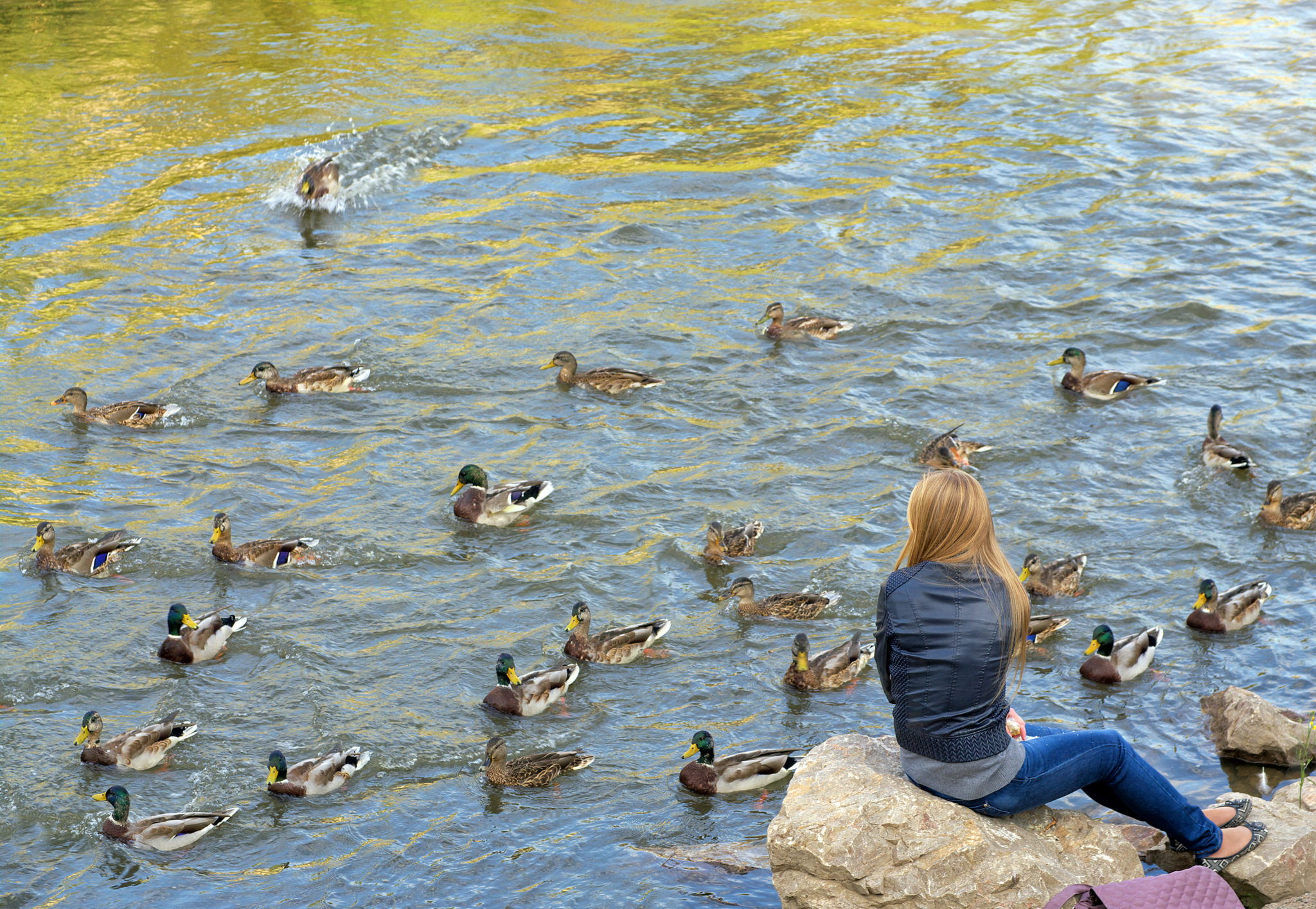By Deb Matlock
I love the idea considering the concept of community to include not only humans, but other beings as well. My community along the foothills of the Colorado Rockies is vibrant and bursting with people, birds, mammals, reptiles, amphibians, prairies, insects, bushes, trees, herbs, flowers, rocks, streams, ponds, lakes, canyons, gardens…this list could go on and on. I love knowing that my community is diverse in its species and beings. This feeds my soul and helps me stay humble in the face of such a glorious representation of life.

The word community brings up many ideas. Ideas like gatherings, companionships, working together, living together, sharing certain realities, and similarities often come to our minds when reflecting on the meaning of community. So often, the idea of community refers to similar species. A plant community. A forest community. And very often, the human community. Outside of conversations with ecologists and biologists, I hear the word community used to refer to a group humans most frequently. In fact, a survey of definitions of “community” online often requires reading down a few lines into the definition to see community described as including those who are not human.
In a similar light, the conversations taking place around issues of a given community often refer to humans only. I know this is often true in my town. We have community meetings to discuss community issues. Perspectives related to land, domestic animals, and wildlife are often considered one of these community issues or an agenda item to be discussed. In my mind and in my heart, the true essence of community includes all beings and all species, and all voices and perspectives deserve to be in the conversation.
The vision I hold for not only my community, but the world, is a vision where the concept of community is seen universally to include all life. I know in certain cultures this is already often the case. And, in certain place and situations, groups are forming to champion this very cause. I also know that each of us, each day, can make choices to support this expanded and inclusive view of community…so that the true essence of community can be a part of the way forward on this amazing Earth.
Deb Matlock grew up in the mountains of Colorado and is deeply committed to nurturing the connection between people, animals, earth, and spirit. She has spent twenty-five years working as a professional environmental and humane educator and naturalist. Additionally, Deb offers shamanic-style spiritual guidance, animal communication, nature connection workshops, and retreats through her business, Wild Rhythms. She is passionate about helping people find connection and deep spiritual meaning in their lives and in the places where they live. Deb holds a Master of Arts in Environmental Education from Prescott College and is pursuing her doctoral degree in environmental studies at Antioch University New England.
You are invited to join the Wild Rhythms email list to be notified of future blog posts!
Interested in exploring sacred connection to earth, animals, and spirit? Join the Wild Rhythms Facebook group at https://www.facebook.com/groups/SacredConnection/
For more information about the work of Deb Matlock and Wild Rhythms, please visit https://wild-rhythms.com/
